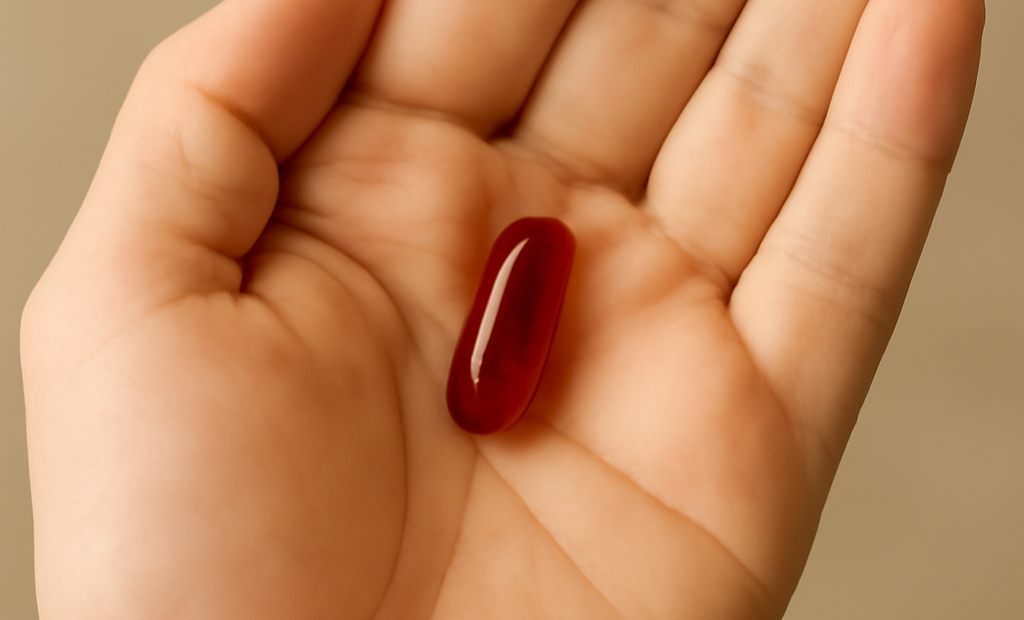AREDS2 Eye Vitamins for Age-Related Macular Degeneration: What’s in Them and Why They’re Recommended

Age-related macular degeneration (AMD) is a leading cause of central vision loss in individuals over 60, affecting the macula—the portion of the retina responsible for sharp, detailed vision. While no supplement can cure AMD or restore lost sight, extensive research by the National Eye Institute has shown that specific nutritional formulations can help slow disease progression in certain individuals. The AREDS2 formulation is the current standard based on these findings.
What is AREDS2?
AREDS2 stands for the Age-Related Eye Disease Study 2, a large, multi-center clinical trial that followed the original AREDS trial. The goal was to refine and improve upon the initial supplement formula for patients with intermediate or advanced AMD. The updated AREDS2 formulation includes:
- Vitamin C (500 mg)
- Vitamin E (400 IU)
- Zinc (80 mg as zinc oxide)
- Copper (2 mg as cupric oxide) – included to prevent copper deficiency secondary to high zinc intake
- Lutein (10 mg)
- Zeaxanthin (2 mg)
Notably, AREDS2 eliminated beta-carotene from the original formulation. While beta-carotene was initially used as a precursor to vitamin A, it was found to increase the risk of lung cancer in current or former smokers.
Why These Ingredients?
The components of AREDS2 were chosen based on their antioxidant and anti-inflammatory properties, both of which are thought to protect retinal cells from oxidative stress and degeneration.
- Vitamin C and E are potent antioxidants that help neutralize free radicals, which can damage cells of the retina.
- Zinc plays a critical role in retinal metabolism and may help stabilize cell membranes.
- Lutein and zeaxanthin are carotenoids found naturally in high concentrations in the macula. They filter harmful blue light and reduce oxidative damage. Supplementation increases their density in the retina, potentially offering a protective effect.
Who Should Take AREDS2?
AREDS2 vitamins are not for everyone. They are specifically recommended for individuals with intermediate AMD in one or both eyes, or advanced AMD in one eye. For patients with early-stage disease or no signs of macular degeneration, there is no evidence that AREDS2 supplements prevent the development of AMD.
It is essential for patients to undergo a comprehensive eye exam and consult an ophthalmologist or retina specialist before starting these supplements. The goal is to identify those most likely to benefit and avoid unnecessary supplementation.
The Bottom Line
AREDS2 is not a cure for AMD, but it is a well-researched intervention that can slow the disease’s progression in the right patients. By incorporating specific antioxidants and carotenoids, it helps support retinal health and prolong useful vision. For those at risk, it represents an important component of a comprehensive AMD management strategy—alongside regular eye exams, smoking cessation, and a nutrient-rich diet.
Schedule a Retinal Consultation in San Diego
Thank you for checking out our blog. If you have any questions or you’re experiencing a retina-related issue, we encourage you to contact Retina Consultants San Diego.

